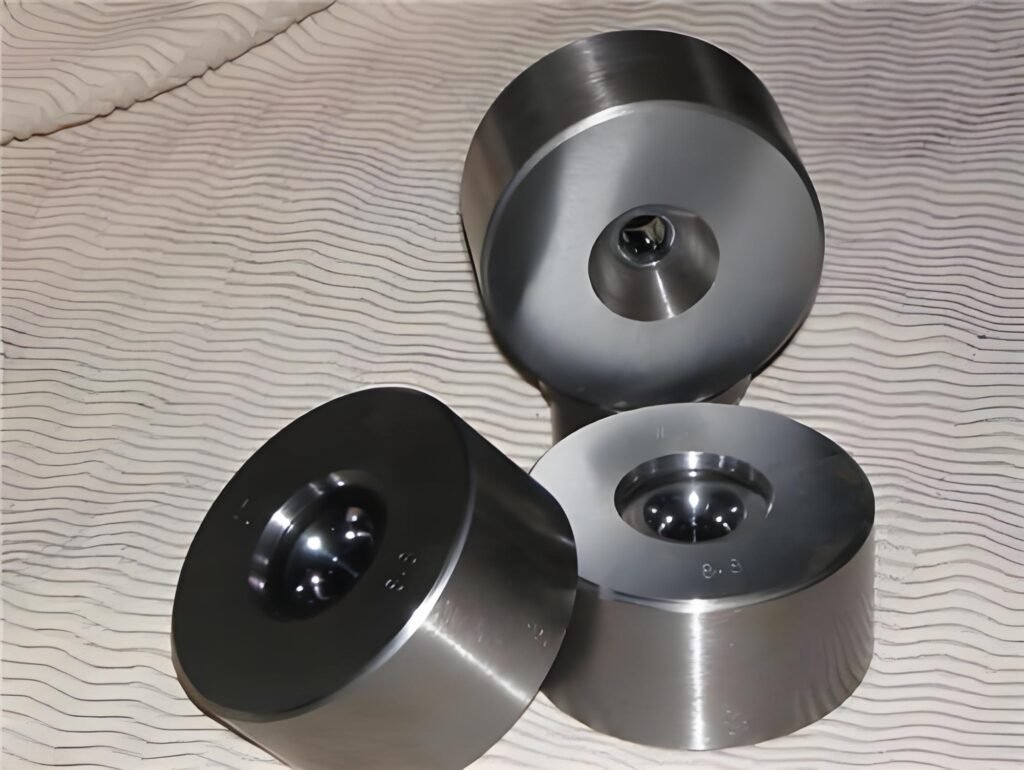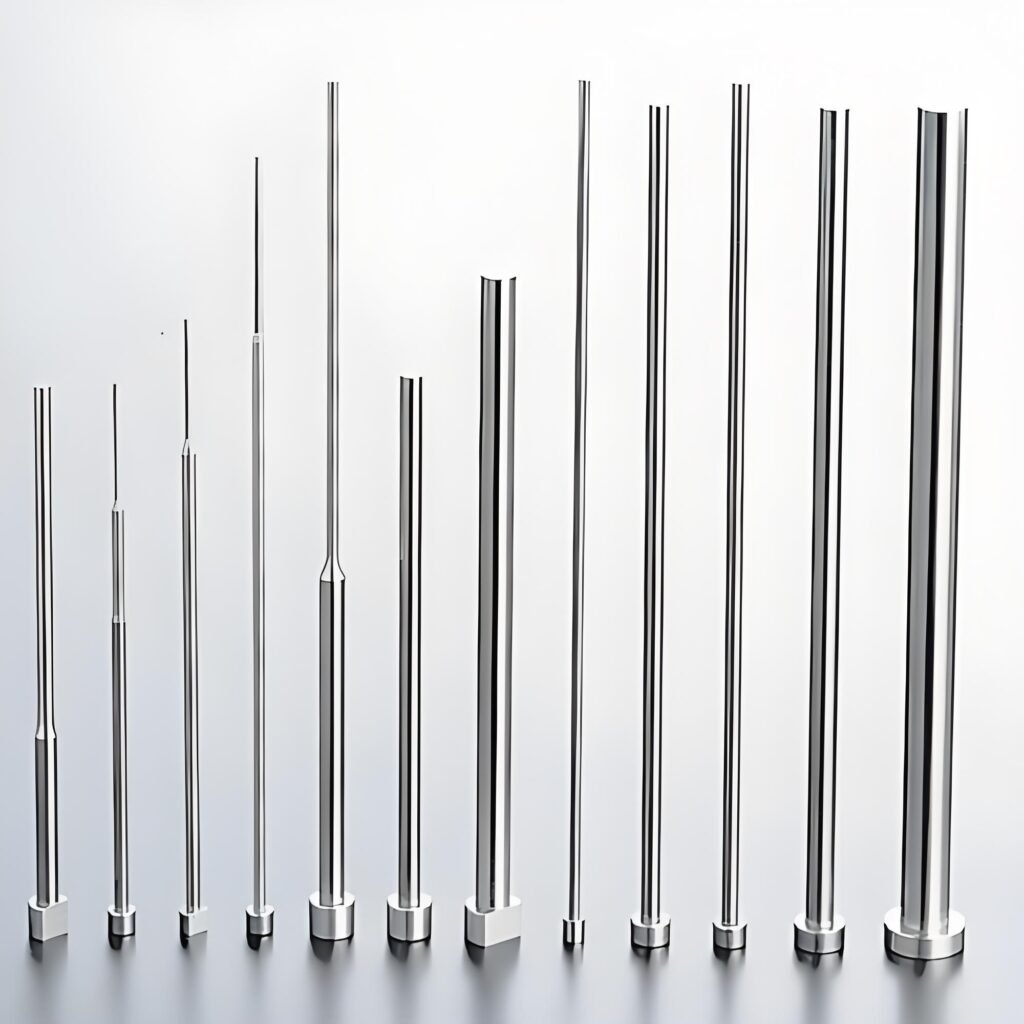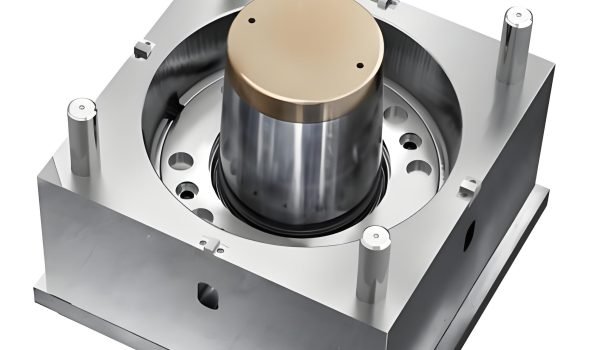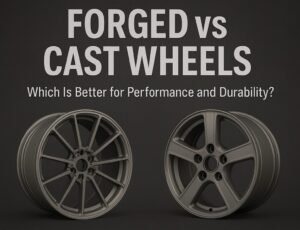Did you know that the global mold industry is projected to grow significantly, driven by the demand for high-quality, durable molds? Selecting the right materials and coatings for mold components is crucial for their performance and longevity. The industry has evolved from using basic steel to advanced engineered materials and specialized coatings, significantly extending the service life of these components.
You may face challenges such as thermal cycling, abrasive wear, corrosion, and mechanical stress. By choosing the right materials and coatings, you can reduce total ownership costs and ensure reliable performance.
The Critical Role of Materials in Mold Component Performance

The material composition of mold components significantly influences their overall performance and maintenance requirements. You need to select materials that can withstand the stresses of injection molding, including high temperatures and pressures.
The right materials can enhance the durability of mold components, such as ejector pins and core pins, reducing wear and tear. This, in turn, extends the lifespan of the mold and minimizes maintenance needs.
How Material Selection Impacts Mold Longevity
Material selection directly affects the longevity of mold components. You should choose materials with high wear resistance, such as hardened tool steels, to prolong the life of components like straight ejector pins.
Key Performance Factors in Material Selection
When selecting materials for mold components, consider factors such as operating temperature, chemical exposure, and required precision. You must balance these factors to ensure optimal performance and extend the service life of your mold components, including sleeves and leader pins.
Premium Materials for High-Performance Mold Components
To enhance the durability and efficiency of mold components, manufacturers are turning to advanced materials. The selection of premium materials is crucial for achieving optimal performance and longevity in mold components.
Tool Steels and Their Applications
Tool steels such as H13, D2, A2, and S7 are widely used in mold components due to their unique properties. H13 is known for its toughness and resistance to thermal fatigue, making it ideal for ejector pins and core pins. D2 offers high wear resistance, suitable for components that are subject to heavy wear.
Stainless Steel Options for Corrosion Resistance
Stainless steel varieties like 420, 440C, and 17-4PH provide superior corrosion resistance, making them perfect for components exposed to aggressive polymers or molding environments. These materials are particularly useful for mold components that require both strength and resistance to corrosion.
Specialty Alloys for Extreme Conditions
Specialty alloys such as Ampco, beryllium copper, and tungsten carbide are used in extreme temperature or wear conditions. These alloys offer exceptional performance and are ideal for sleeves and blades that operate under demanding conditions.
The strategic implementation of premium materials in high-wear areas, while using standard materials elsewhere, can optimize the cost-performance ratio. Material certification and quality control processes ensure the consistent performance of premium materials in critical mold components.
Advanced Coatings That Enhance Mold Component Durability
The durability of mold components can be significantly enhanced through the application of specialized coatings. These coatings provide a protective layer that reduces wear and tear, improving overall performance.

PVD and CVD Coating Technologies
Physical Vapor Deposition (PVD) and Chemical Vapor Deposition (CVD) are advanced coating technologies used to create ultra-hard, low-friction surfaces on mold components like ejector pins and core pins.
Hard Chrome and Nickel Plating Benefits
Hard chrome and electroless nickel plating enhance surface hardness, corrosion resistance, and release properties of components, making them ideal for mold components.
Innovative Surface Treatments for Wear Resistance
Innovative surface treatments like nitriding, nitrocarburizing, and boronizing create wear-resistant surfaces through chemical diffusion, providing exceptional durability for critical components.
Material-Coating Combinations for Optimal Performance
When it comes to mold components, the synergy between materials and coatings can’t be overstated. The performance, durability, and maintenance requirements of mold components are significantly influenced by the combination of materials and coatings used.
Synergistic Effects of Matched Materials and Coatings
Combining the right materials with appropriate coatings can create synergistic effects that enhance the performance of mold components beyond what either could achieve alone. For instance, using P-Pins with a hard chrome plating can improve wear resistance.
Application-Specific Material Solutions
Different molding applications require tailored material solutions. For example, abrasive polymers may necessitate the use of wear-resistant coatings on components like ejector pins and sleeves, while corrosive additives may require coatings with high corrosion resistance.
Extending Mold Component Lifespan Through Material Science
To maximize the lifespan of your mold components, it’s crucial to understand the role of material science. The choice of materials significantly impacts the durability and performance of mold components, including ejector pins and core pins.
Wear Mechanism Analysis and Prevention
Analyzing wear mechanisms is vital to preventing premature wear in mold components. Common wear mechanisms include abrasion, adhesion, erosion, corrosion, and fatigue. Material-based strategies can address each of these issues, enhancing the lifespan of components like casting components.
Heat Treatment Processes for Enhanced Durability
Proper heat treatment processes, such as quenching, tempering, annealing, and aging, can dramatically enhance the durability of tool steels and other mold component materials. Fecision’s material science expertise enables custom material solutions for challenging applications, ensuring optimal performance and longevity.
By understanding wear mechanisms and applying appropriate heat treatment processes, you can significantly extend the lifespan of your mold components, reducing maintenance requirements and improving overall quality.
Reducing Maintenance Requirements with Superior Materials
Selecting the right materials for your mold components can significantly reduce maintenance needs. The ejection system, a crucial component of a mold, is primarily designed to eject molded plastic parts and solidified runner material after the injection molding process. The quality of this system directly impacts the final product quality.
Superior materials can extend maintenance intervals, reducing production downtime and increasing overall equipment effectiveness (OEE). By understanding the wear rates and failure modes of different materials, you can implement predictive maintenance strategies that optimize maintenance scheduling.
Predictive Maintenance Strategies for Different Materials
Different materials require different maintenance approaches. For instance, certain materials may need specialized maintenance procedures, while others allow for simpler protocols. By choosing the right material for components like straight ejector pins and core pins, you can prevent catastrophic failures that result in extended downtime.
Cost-Benefit Analysis of Premium Materials
When evaluating premium materials, consider the initial investment against reduced maintenance costs, extended component life, and improved part quality. A comprehensive cost-benefit analysis framework can help you make informed decisions. By prioritizing high-wear areas with premium materials, you can achieve a maximum return on investment.
Implementing a phased approach to upgrading mold components with premium materials can also be beneficial. This strategy allows you to validate the performance benefits of premium materials in real-world applications, ensuring that your maintenance requirements are minimized.
How Material Selection Impacts Molded Part Quality
The material properties of mold components have a profound effect on the quality and consistency of molded parts. You need to consider several factors when selecting materials for mold components to ensure the production of high-quality molded parts.
The materials used for mold components, such as ejector pins, sleeves, and cooling plugs, directly influence the quality characteristics of the molded parts, including surface finish, dimensional accuracy, and cosmetic appearance.
Surface Finish Considerations
The surface properties of mold component materials affect the replication of textured surfaces. Proper material selection can enhance surface finish quality by reducing defects and improving the overall appearance of the molded parts.
Dimensional Stability and Material Choice
Material dimensional stability under thermal cycling is crucial for maintaining part consistency, especially for precision components. The right material choice ensures that the mold components retain their dimensions, thereby producing consistent molded parts.
Thermal Conductivity Effects on Part Quality
Material thermal conductivity impacts cooling rates and temperature distribution within the mold, affecting part warpage, sink marks, and internal stress. Selecting materials with optimal thermal conductivity is vital for conformal cooling applications, improving part quality, and reducing cycle time.
By carefully selecting mold component materials and considering factors such as surface finish, dimensional stability, and thermal conductivity, you can significantly improve the quality of your molded parts and enhance overall production efficiency.
Conclusion: Partnering with Fecision for Custom Mold Components
Fecision’s approach to custom mold component manufacturing is rooted in a deep understanding of material science and its application to real-world challenges. Our expert engineers design and build tooling for intricate parts, ensuring optimal performance and durability. By partnering with Fecision, you gain access to advanced materials and coatings, comprehensive material testing, and ongoing support services, including maintenance recommendations and performance monitoring.
To request a quote for your custom mold components, email our engineering team with your specifications and requirements. We look forward to helping you achieve optimal mold performance.




